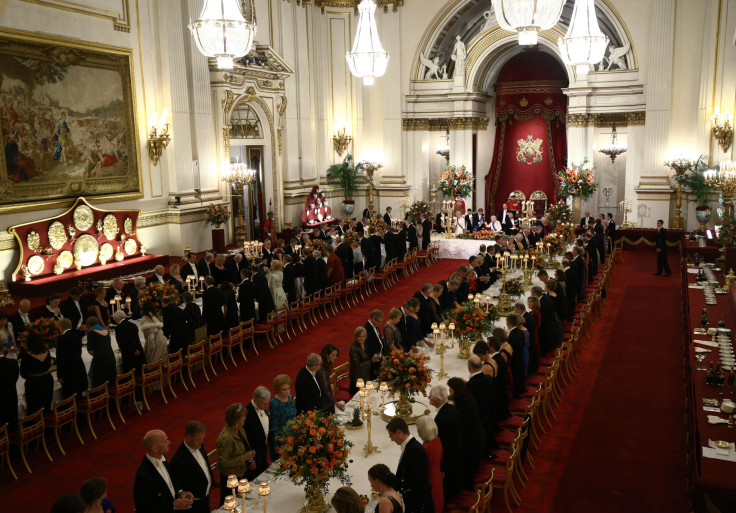The British royal family has always fascinated countless fans worldwide, who either ceaselessly follow the royals’ latest news and gossip or tirelessly churn out what-if scenarios concerning the royalty. One common area of speculation is that of illegitimate children of royals with respect to their chances of joining the line of succession.
One curious royal family fan posted a very interesting question on Quora, which yielded varied responses. “If a British royal (e.g., Prince William) had an illegitimate child and then married their mother after the child was born, would the child have a place in line to the throne?” asked the curious user.
Rules Of Succession Are A Bit Strict These Days
For Elizabeth Anne Nield, who described herself as an ardent Anglophile and royalty obsessed, the answer is a simple no. “Children born out of wedlock do not have a claim to the throne, even with subsequent marriage of the parents,” she explained.
Neild cited the case of Lady Emily and her brother Hon. Benjamin Lascelles, children of David Lascelles, 8th Earl of Harewood (Prince Charles’ second cousin), who were born before their father married their mother. “They were subsequently legitimised by that marriage,” Neild wrote.
“However, their younger brother Alexander, not Benjamin, is Viscount Lascelles. He is the heir to the earldom and in line for the British throne, while his two elder siblings are excluded,” she added.
Going back to Prince William’s hypothetical love child, the child will still not earn a place in the line of succession even if William later divorces Kate Middleton and marries the child’s mother. Again, this is just a hypothetical scenario since the Duke of Cambridge has no known love child, nor has he expressed plans to divorce his wife at all.
But Powerful Claimants Previously Got Away With It
Meanwhile, another Quora user, Alison Hill, said that the answer used to be different before the UK switched to a constitutional monarchy. “English history gives us an example of this scenario, demonstrating that the answer to this used to be ‘Well, that’s going to depend somewhat on the size of the armies involved in the discussion,’” Hill wrote.
For instance, John Beaufort was the son of John of Gaunt, 1st Duke of Lancaster, with his mistress, Katherine Swynford. The duke later married Swynford, and Richard II later legitimized John Beaufort and his siblings but “specifically excluded them from inheriting the throne.”
John later had a daughter, Margaret Beaufort, who married Edmund Tudor, 1st Earl of Richmond, and gave birth to Henry Tudor. As John Beaufort’s grandson, Henry is still barred from the throne.
“Henry Tudor took the English throne after the Battle of Bosworth Field in 1485 and became Henry VII,” Hill continued. “He had always claimed to have a genuine right to the throne through his bloodline … but it was very much his armies that got him the throne.”
Is This Still Relevant In The Twenty-First Century?
People at The Royal Forums are wondering why there is this restriction in the first place. “There has been so much fuss about adopting gender-blind primigeniture lately but, as far as I know, nobody has yet stopped to wonder: why shouldn't illegitimate children be granted succession rights equal to those of legitimate children?” a user called Kotroman posed this thought-provoking question.
Kotroman then went on to argue that the same reasons supporting gender-blind primogeniture should also be used to support the case for illegitimate royals. Just as “Female monarchs are not less able than male monarchs,” it can also be argued that “illegitimate children are not less able than legitimate children.”

© 2025 Latin Times. All rights reserved. Do not reproduce without permission.




